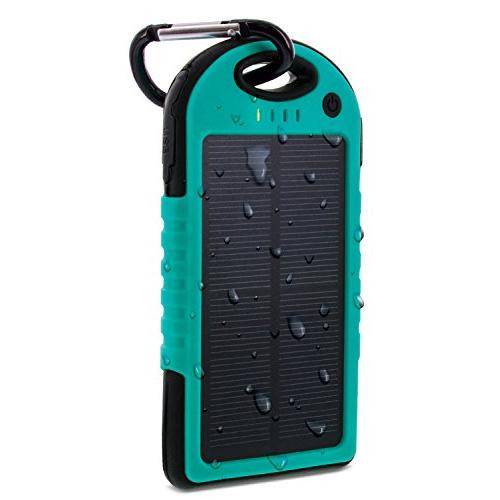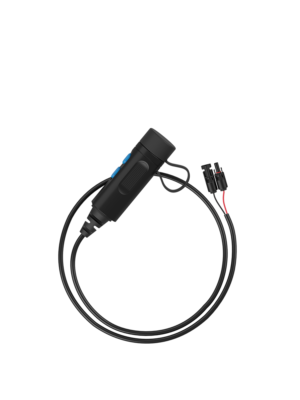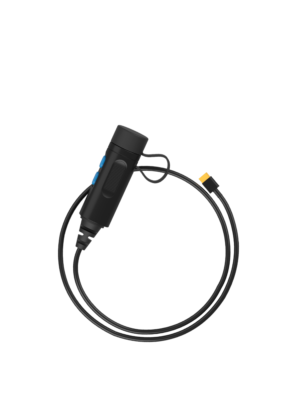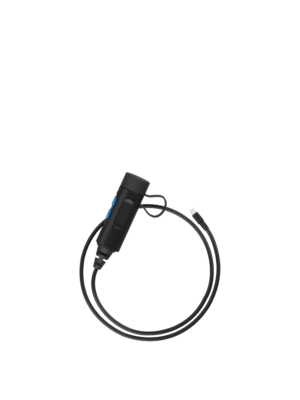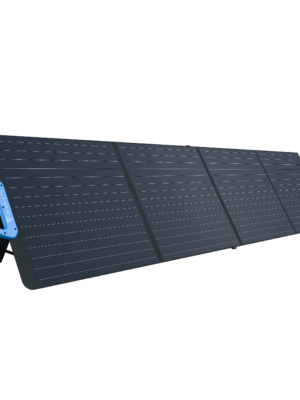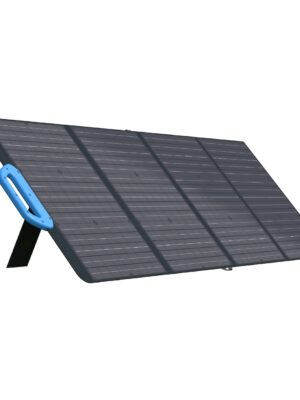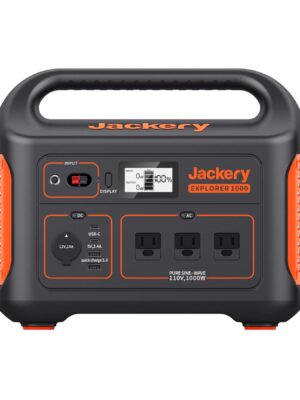Many rural areas could soon lose cell service Leave a comment
Rural and Indigenous communities are at risk of losing cell service thanks to a 2019 law intended to strip US telecom networks of Chinese-made equipment. And while local companies were promised reimbursements as part of the “rip-and-replace” program, many of them have so far seen little of the funding, if any at all.
The federal push to block Chinese telephone and internet hardware has been years in the making, but gained substantial momentum during the Trump administration. In May 2019 an executive order barred American providers from purchasing telecom supplies manufactured by businesses within a “foreign adversary” nation. Industry and government officials have argued China might use products from companies like Huawei and ZTE to tap into US telecom infrastructure. Chinese company representatives have repeatedly pushed back on these claims and it remains unclear how substantiated these fears are.
[Related: 8.3 million places in the US still lack broadband internet access.]
As The Washington Post explained on Thursday, major network providers like Verizon and Sprint have long banned the use of Huawei and ZTE equipment. But for many smaller companies, Chinese products and software are the most cost-effective routes for maintaining their businesses.
Meanwhile, “rip-and-replace” program plans have remained in effect through President Biden’s administration—but little has been done to help smaller US companies handle the intensive transition efforts. In a letter to Congress on Thursday, FCC Chairwoman Jessica Rosenworcel explained an estimated 40 percent of local network operators currently cannot replace their existing Huawei and ZTE equipment without additional federal funding. Although $1.9 billion is currently appropriated, revised FCC estimates say another $3 billion is required to cover nationwide rip-and-replace costs.
Congress directed the FCC to begin a rip-and-replace program through the passage of the 2020 Secure and Trusted Communications Networks Act, but it wasn’t long before officials discovered the $3 billion shortfall. At the time, the FCC promised small businesses 39.5 percent reimbursements for their overhauls. Receiving that money subsequently triggered a completion deadline, but that remaining 61.5 percent of funding has yet to materialize for most providers. Last week, Sen. Maria Cantwell (D-WA) announced the Spectrum and National Security Act, which includes a framework to raise the additional $3 billion needed for program participants.
In her letter to Congress on Thursday, Rosenworcel said providers currently have between May 29, 2024, and February 4, 2025, to supposedly complete their transitions, depending on when they first received the partial funding. Rosenworcel added that at least 52 extensions have already been granted to businesses due in part to funding problems. Earlier this year, the FCC reported only 5 program participants had been able to fully complete their rip-and-replace plans.
It’s unclear how much of the US would be affected by the potential losses of coverage. To originally qualify for the reimbursement funding, a telecom company must provide coverage to under 2 million customers. The Washington Post cited qualified companies across much of the nation on Thursday, including Alaska, Colorado, Michigan, Missouri, New Mexico, Tennessee, Kansas, and Oklahoma.
“The Commission stands ready to assist Congress in any efforts to fully fund the Reimbursement Program,” Rosenworcel said yesterday.
Please Support Our Sponsors
Solar Power Generator Discounts Along With Free Shipping
- 10% OFF for Jackery Solar Generator 2000 Pro Series with code "JADEAL"
- 10% OFF for Jackery SolarSaga 200W Solar Panel with code "JADEAL"
- 10% OFF for Jackery Solar Generator 1500 Series with code "JADEAL"
- 10% OFF for Jackery Solar Generator 1000 Series with code "JADEAL"
- 10% OFF for Jackery Explorer 1500 Portable Power Station with code "JADEAL"
- 10% OFF for Jackery Explorer 1000 Pro Portable Power Station with code "JADEAL"
- 10% OFF for Jackery Explorer 500 Pro Portable Power Station with code "JADEAL"
- 10% OFF for Jackery Explorer 300 Pro Portable Power Station with code "JADEAL"
- 10% OFF for Jackery SolarSaga 100W Solar Panel with code "JADEAL"

The University of Georgia is represented by the Georgia Bulldogs . The Bulldogs participate in the Southeastern Conference's (SEC) Eastern Division of the NCAA.
They play their home games in the storied Sanford Stadium in Athens, Georgia. The first season in Georgia was in 1892. In 1942, 1980, and 2021, the Georgia Bulldogs won three national championships.
The Georgia Bulldogs have additionally been crowned the National Champion in four additional seasons by at least one polling organization (1920, 1927, 1946 and 1968).
The Georgia Bulldogs are tied for second place in conference history with their 15 conference titles, including 13 SEC titles, and their 59 bowl appearances, which ranks second all-time.
In addition, the program has produced five top picks in the National Football League (NFL) draft, two Heisman Trophy winners, numerous winners of various national honors, and many others.

Longhorns football represents the University of Texas in Austin often known as Texas, UT or the Texas Longhorns. The Longhorns represent the Big 12 Conference in the NCAA Division. They play in Austin, Texas, at the Darrell K. Royal-Texas Memorial Stadium.
The Texas Longhorns are ranked third and seventh, respectively, in terms of all-time wins and win-loss records, with over 900 victories and an overall win-loss percentage of.705.
The legendary program also boasts four national titles, 32 conference titles, 100 First Team All-Americans, and two Heisman Trophy winners.
Get your Texas Longhorns Revival T-Shirt today. The Texas Longhorns Rustic Revival shirt is also a fan favorite.
Many college sports fans like to wear their gear all around town, get your Texas Longhorns Centered gear and show your support.




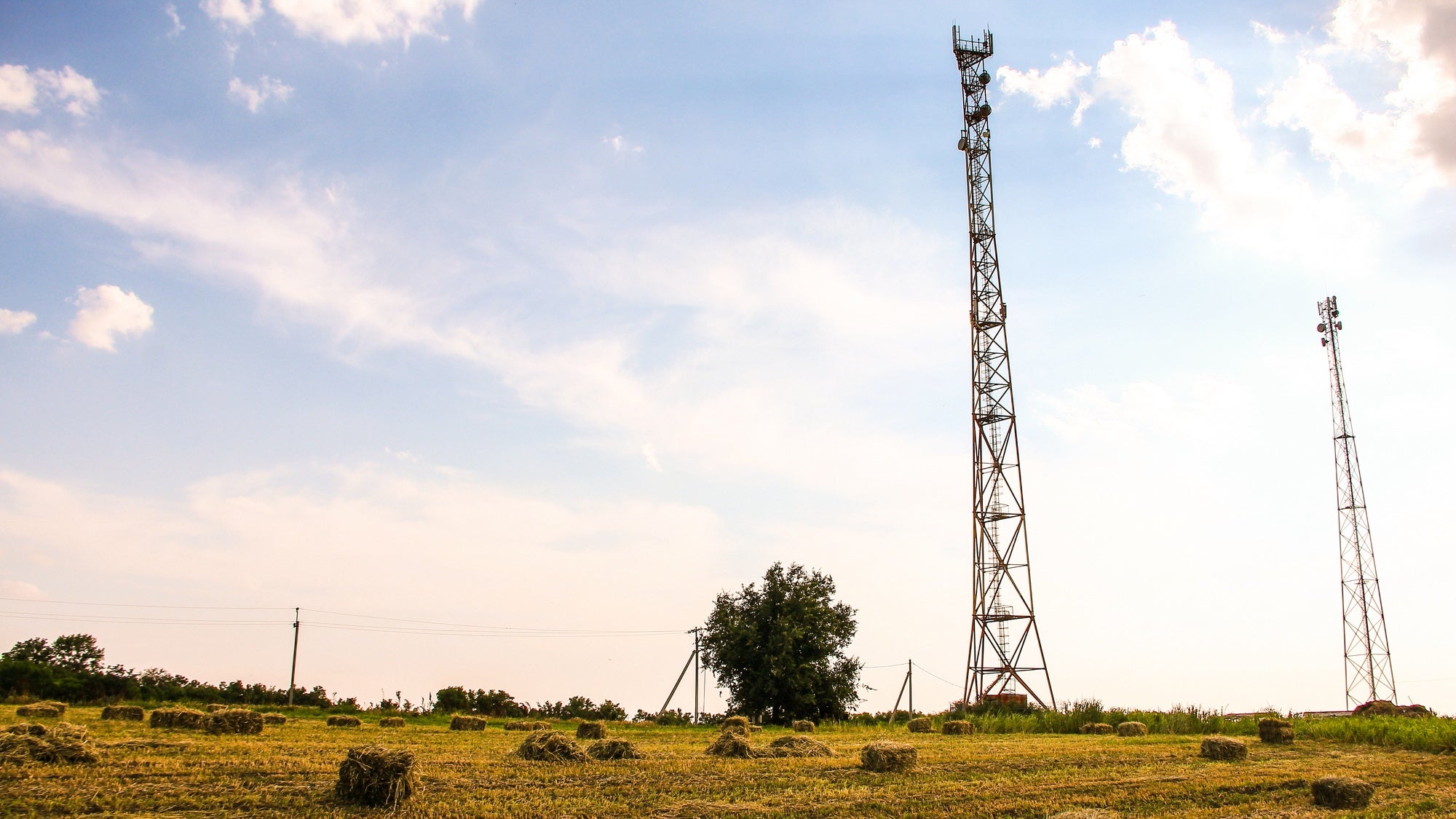
 Gettr
Gettr
